The Australian government's foreign interference legislation has been widely condemned by charities, churches, legal experts, business groups, and environmental groups who say it will harm democracy in Australia.
The legislation introduced at the end of last year will require charities spending a total of more than $100,000 in the previous four financial years on broadly-defined policy advocacy to register as a "political campaigner", and ensure that any international donation over $250 was not spent on political campaigning.
The legislation is part of a package, with a separate piece of legislation focusing on foreign espionage, detailed here.
This week the parliament has been hearing from a wide range of groups concerned about how the legislation will harm public advocacy and make it much harder for charities to do their accounting and ensure they are in compliance with the law.
This is some of what they had to say.
1. You want to stop the poisoning of the stream, and not just have to clean it up.
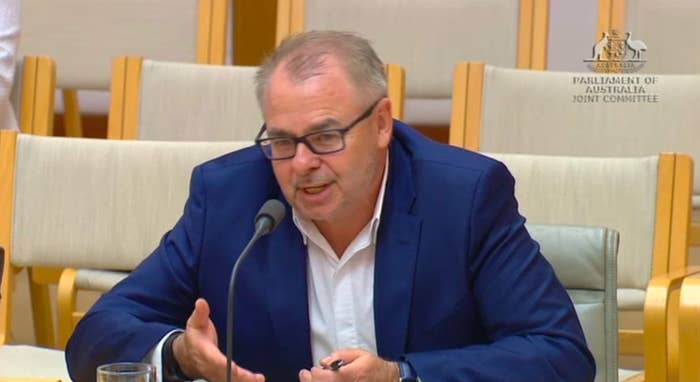
It is difficult to find a charity that isn't engaged in some kind of advocacy, as defined by the legislation, according to David Crosbie, CEO of Community Council for Australia.
"Almost every charity I know is engaged in that kind of advocacy, whether they're representing a community or a cause," he told the parliamentary committee on Monday. "You can pick the dead fish out of the stream as much as you like and clean it up year after year, but eventually you may want to stop the stream being poisoned. Then you become an advocate."
2. It'll hurt advocacy for the Great Barrier Reef.
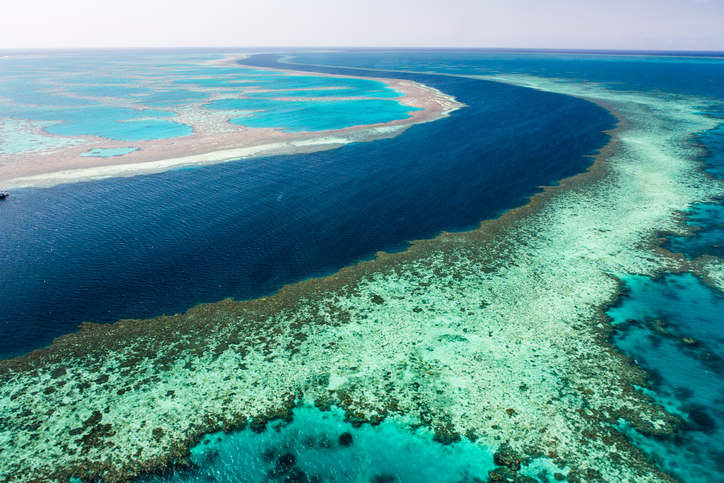
The World Wildlife Fund (WWF) says in its submission that international philanthropy directed towards helping the WWF protect the Great Barrier Reef would be threatened, as WWF is an international organisation and would not be able to advocate in Australia, or donate to Australian charities that undertake political advocacy using those international funds.
3. Catholics say they follow Jesus Christ, not a foreign power.
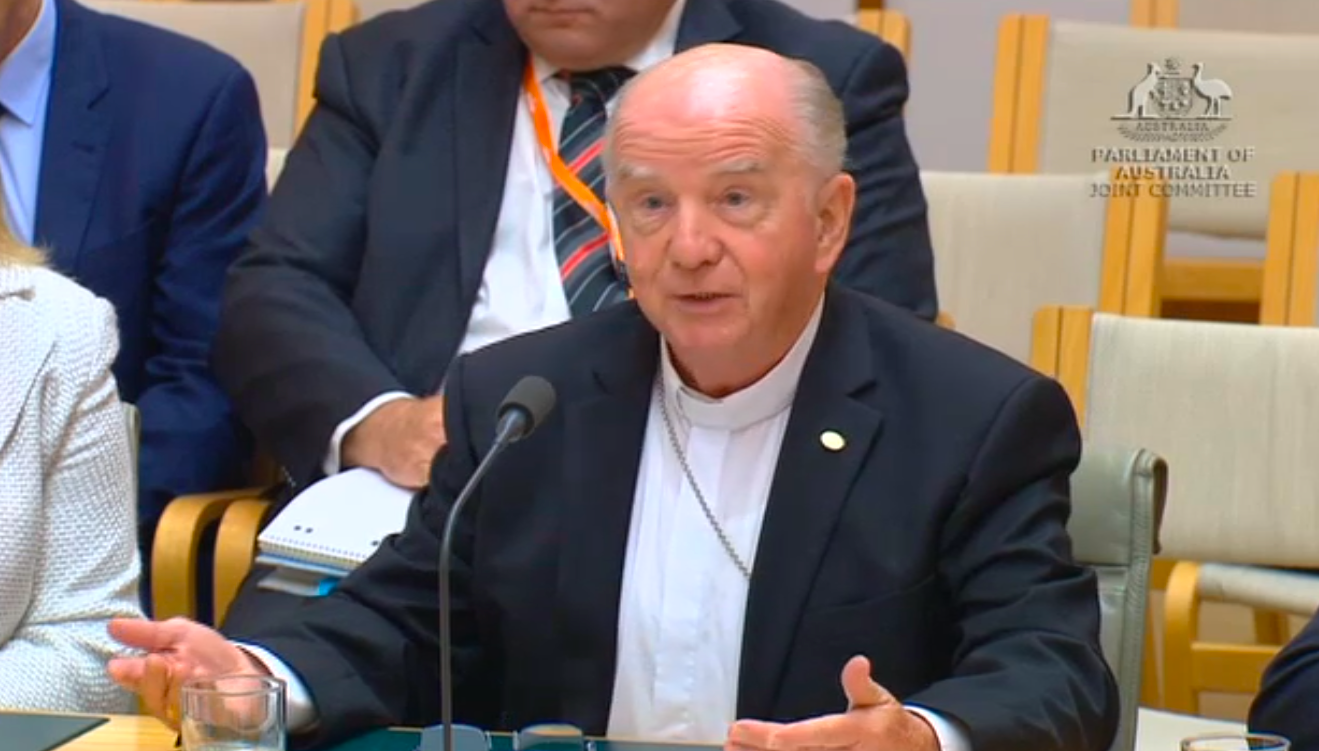
"I want to be clear in rejecting the characterisation of the Catholic Church found in the explanatory memorandum," Australian Catholic Bishops Conference spokesperson bishop Robert McGuckin told a parliamentary committee on Monday.
"Catholics are followers of Jesus Christ. We are not agents of a foreign government. The Catholic Church in Australia is made up of millions of Australian citizens who practice their Catholic faith, and they're not beholden to a foreign power."
The explanatory memorandum mentions that the Catholic Church is "affiliated with a foreign government", to allow the Catholic Church to campaign on issues to do with Catholicism even if it has ties to a foreign power (other issues would not be exempt). The church wasn't happy with the implication. McGuckin also said that any priest who even writes a letter to their local MP would have to register under the new scheme.
4. It's what Vladimir Putin would do.
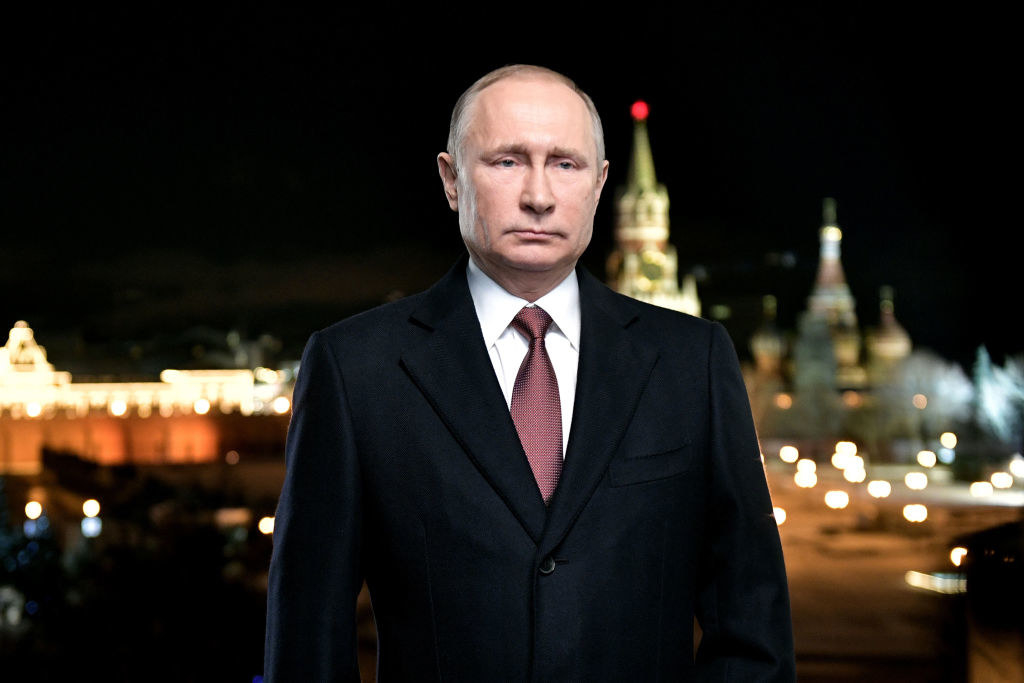
Human Rights Watch (HRW) warned that cracking down on the advocacy work of charities meant Australia was "following in the footsteps of authoritarian governments".
"Devaluing and discrediting the legitimate work of NGOs (non-governmental organisations) is a move straight out of the authoritarian's playbook," HRW said in its submission to the inquiry. "Under repressive governments from Russia to China, efforts to curtail NGO activity and restrict foreign funding of NGOs are a blatant attempt to silence NGO criticism and discourage NGOs from carrying out activities critical of the government."
HRW said the legislation is "strikingly similar" to Russia's 2012 law requiring independent groups to register as foreign agents if they receive foreign funding and engage in political activity.
5. The Salvos worry it'll make people confused about what is and isn't political advocacy.
The Salvation Army says in its submission that being branded a "political campaigner" by the government may deter people from donating to certain charities.
"The Salvation Army believes there is a risk the term political campaigner will be misunderstood by the wider public, suggesting that the charity/not-for-profit has an overt political agenda or is another ‘arm’ of a political party and thereby compromising the public trust of the organisation," the charity said.
6. It threatens implied freedom of political communication.
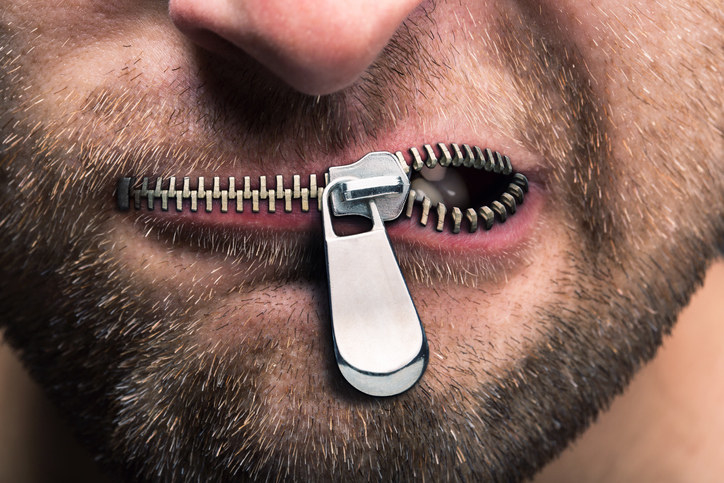
Australians don't have the same right to free speech as people in the United States, but there is implied freedom of political communication. The Law Council of Australia argues in its submission that the legislation risks being unconstitutional because charities and other groups reliant on international donations would be restricted in their engagement in public debate under the legislation.
The Law Council also claims it raises issues of federalism because it not only restricts donations made to federal political parties, but state parties as well.
7. Broadcasting international TV news could be deemed political campaigning.

Pay TV company Foxtel is concerned that by broadcasting TV networks such as BBC World News, Al Jazeera and Russia Today, and content from companies including Disney, Viacom and Discovery, the broadcaster would potentially be in breach of the new legislation, if these foreign-owned companies, or state-owned media, were to engage in what the legislation deems political activity via a program broadcast on Foxtel.
"Given the sheer volume of content on the Foxtel platforms, Foxtel cannot monitor
each program put to air on supplied channels, nor do we have the expertise in
international relations to recognise where an attempt at influence may be
occurring," the company said.
"Even were Foxtel to request the state owned channels notify us of content and the
intentions behind it, it is likely the channels would deem this to be so burdensome
as to call into question the worth of supplying the channels into Australia."
8. It threatens artistic freedom.

The Australian Major Performing Arts Group, representing 28 performing arts companies in Australia, said in its submission that charitable arts groups might be forced to register as third party campaigners ahead of performances, which might be deemed to have a "political purpose" under the legislation. This would "compromise artistic freedom".
"It is not uncommon for works of art, including performing arts across all art forms, to
express views or to communicate and inspire public debate or insight on issues of
social importance, and in turn, issues of social importance carry a high probability of
being before electors in an election at some time," the group's executive director Bethwyn Serow said in her submission.
"Determining where an artist’s artistic intent ends and political or social intent begins is not clear cut. Introducing a law that requires such a distinction is inappropriate."
9. It will threaten medical research.

The Global Health Alliance (GHA) said in its submission that the legislation "would ultimately result in poorer health outcomes, not just for Australians but also
for the global community who benefit from Australian advances in medical science".
"As organisations that operate for the benefit of humankind, the ability to advocate on behalf of vulnerable populations, to lobby government, and stimulate public debate brings about positive change and improves the lives of those we are mandated to serve," the alliance said.
It pointed to donations it relied on from international philanthropic groups such as the Bill and Melinda Gates Foundation for research, and said such donations would prevent the alliance from engaging in advocacy using that funding, even though many international philanthropic organisations already require the money only be used for non-partisan advocacy.
The Burnet Institute lobbied the federal government to include the new antiviral drugs to treat hepatitis C on the Pharmaceutical Benefits Scheme, and this was done by the government in April 2016. A total of $3 million of the money the Burnet Institute used for a research program alongside that lobbying came from a US pharmaceutical company, and the GHA said that such medical research partnerships would be under threat by the foreign interference legislation.
10. The end of school breakfast?

Foodbank, an Australian organisation that provides 67 million meals to Australians every year – including breakfasts for 1,750 schools – said in its submission that while most of its donations are food-based, it takes a small number of donations from corporations with offshore head offices.
"To be clear, external funds are central to Foodbank's ability to operate, and restricting access to funds sourced from international foundations would not only affect our organisation but so too the 2,600 charities and the 1,750 schools reliant on our food and grocery items.
"Advocacy is ... not only a legitimate activity for Foodbank Australia as a charity ... but arguably also a purpose, and one that enables us to seek policy solutions to the root causes of food insecurity in Australia, not just respond to the symptoms."
11. Academics are unsure what it would mean for them.

The Group of Eight of Australian universities said it was concerned that the legislation was "rushed" without appropriate consultation, and said that the definition of political purpose is so broad that academics responding to routine requests from government for information could get caught up.
"If the university at which the academic is employed provides funds to enable travel to attend [a] parliamentary inquiry, and the evidence is deemed to invite the 'public expression of views' on the issue, then it is our understanding this would qualify as 'political expenditure' under this bill," the group said in its submission.
"It is not unlikely that a university unwilling to be classed as a 'political campaigner' could be cautious about supporting its academics in giving evidence to parliamentary inquiries."
The bill does have its supporters, however. Professor Clive Hamilton from the University of Canberra told the committee that if the government set it up correctly, the process for charities to register as political campaigners would not be too onerous.
"It could be onerous, but if the government sets up to manage the registration process in a way that's clear and simple and well managed, I don't think it would be particularly burdensome on charities," he said. "It's just another one of those tasks that the executive director of a charitable organisation would do as a matter of course along with all of the other legislation, from GST to maintaining their charitable status, that they do."
He said the universities in particular were in "complete denial" about the Chinese influence over Australian universities.
In a statement to BuzzFeed News attorney-general Christian Porter said the legislation is in committee process and up for wide public consultation.
"I will be carefully considering all submissions," he said. "Particularly those submissions that suggest sensible ways to improve the clarity of the drafting and ensure the drafting achieves the intention, which is to enhance the security and safety of individual Australians and the integrity of our democratic system."
